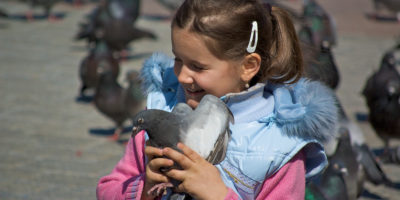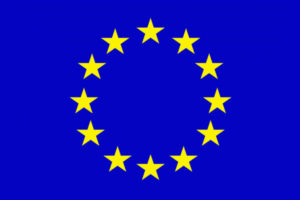If we deal now with such a tremendous undervaluation of relationships for the sake of possessions, there might perhaps be some good reason. Sprague[1] rightly stated:
What philosophers have said about the mind has affected the thinking of psychologists, physicians, lawyers, legislators, educators, journalists, and managers of big and little enterprises. Careless or misguided thinking by philosophers of mind leads to bad thinking by everyone else. (p. 2)
There seems to be information processing hierarchy that leads from data to information, from information to knowledge, from knowledge to truth, from truth to wisdom. Cognitive interpretation of the world seems to preoccupy most philosophers. Relationships, and particularly love are either primitivised or are considered to be more in the area of poetry and the arts than serious scientific investigations. But quasi-scientific assumptions about the heart as an organ of love are more and more confirmed by new research. HeartMath Institute has designed a new method of measuring heart activity, and they reveal new facts about our emotional life. Heart (or rather cardiac nervous system) is more and more viewed as an autonomous system responsible for much more than we have thought before. When we take into consideration that our relationships are mainly what makes us happy, it may finally be not the brain but the heart that should be the first subject of our interest. But the research of this aspect of the heart is just beginning. What we know now is that we should not reject the heritage of all cultures regarding the heart. You can find more about this research at HeartMath Institute website.

cc by Makena Zayle Gadient at flickr
We can most probably speak of a chain of dependencies one step longer than what we have enumerated above because as we have shown in the text about levels of happiness, wisdom is most probably linked to love. In each link of the chain there may appear distortions, misuse, and misunderstandings, but to verify the quality of the chain we need a proper verification of the final result – love. Although it might disappoint songwriters and cardio neurologists and please sociologists, I think the final confirmation of our love is not the variation of our heartbeat at the sight of the loved person but our lifestyle because real love is not about what happens to us, but what we willingly do to or for others. From the very start of our day, we make hundreds of decisions and live by hundreds of habits that may destroy or bolster us, or our closest ones, as we painfully found out in the case of our daughter. Buying a bar of chocolate or an orange turned out dangerous to our children.
We have already proven that free will is inseparably correlated with being loved. Addictions (illnesses of free will) are caused more by loneliness than by an addictive substance. Loved suffering patients who had to take morphine regularly did not develop addiction after the period of treatment ended. No wonder then that the relationship with others should be one of the most important domains of expertise. This domain of expertise is based on a very primary biological mechanism of attachment and universally admitted need for relatedness. According to Deci and Ryan, basic psychological needs include competence, autonomy, and relatedness. We have spoken about competence (expertise) a lot in these texts. In this post, we have focused on autonomy and relatedness. They seem to be in conflict but as we could see they are not.
Test your expertise in listening.
| PREVIOUS | NEXT | ||
| How shall you use your power of listening? |
[1] Sprague, E. (1999). Persons and their minds: a philosophical investigation. Westview Press.









 The participation in this project is free because it is financed by a grant of the European Union -
The participation in this project is free because it is financed by a grant of the European Union - 